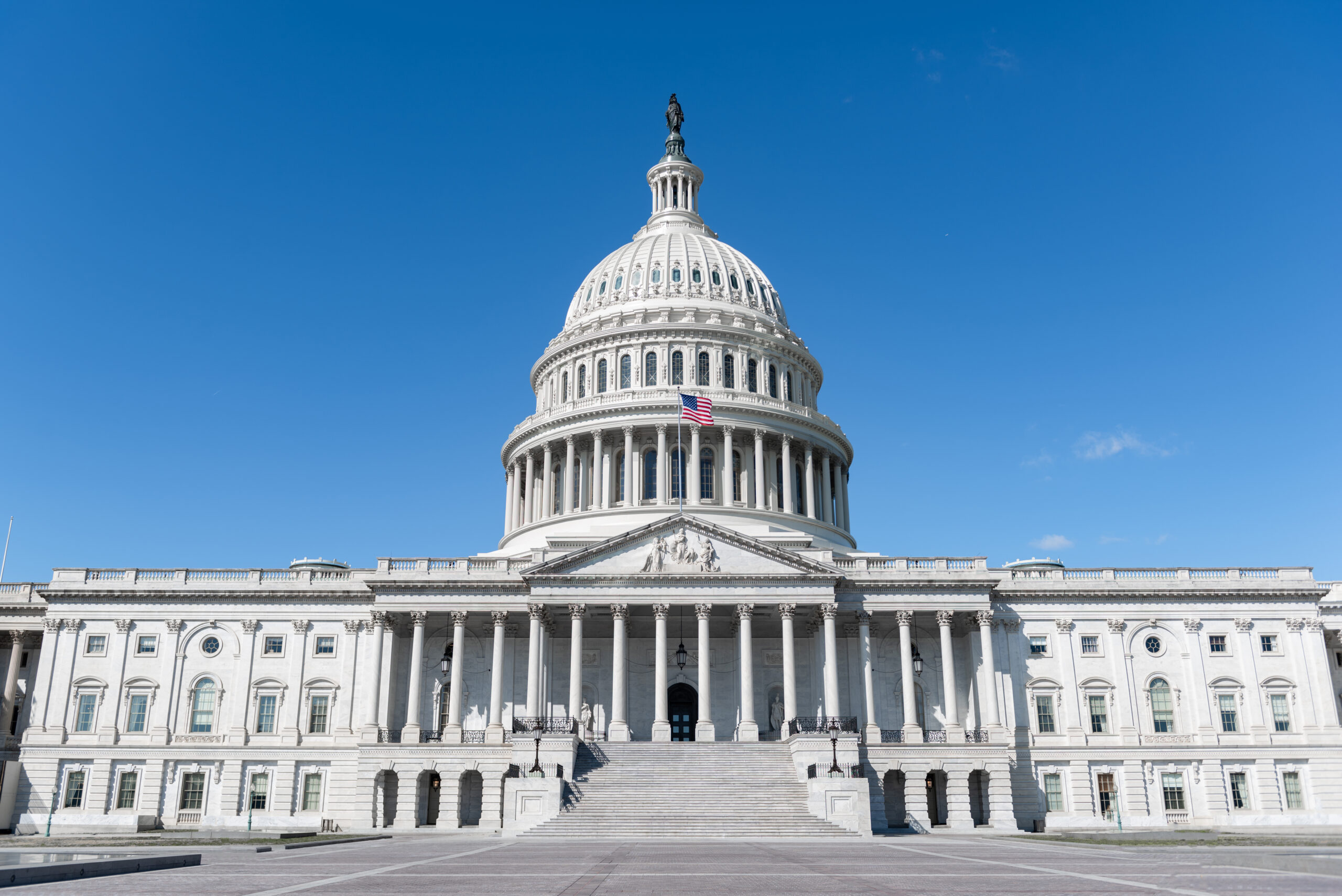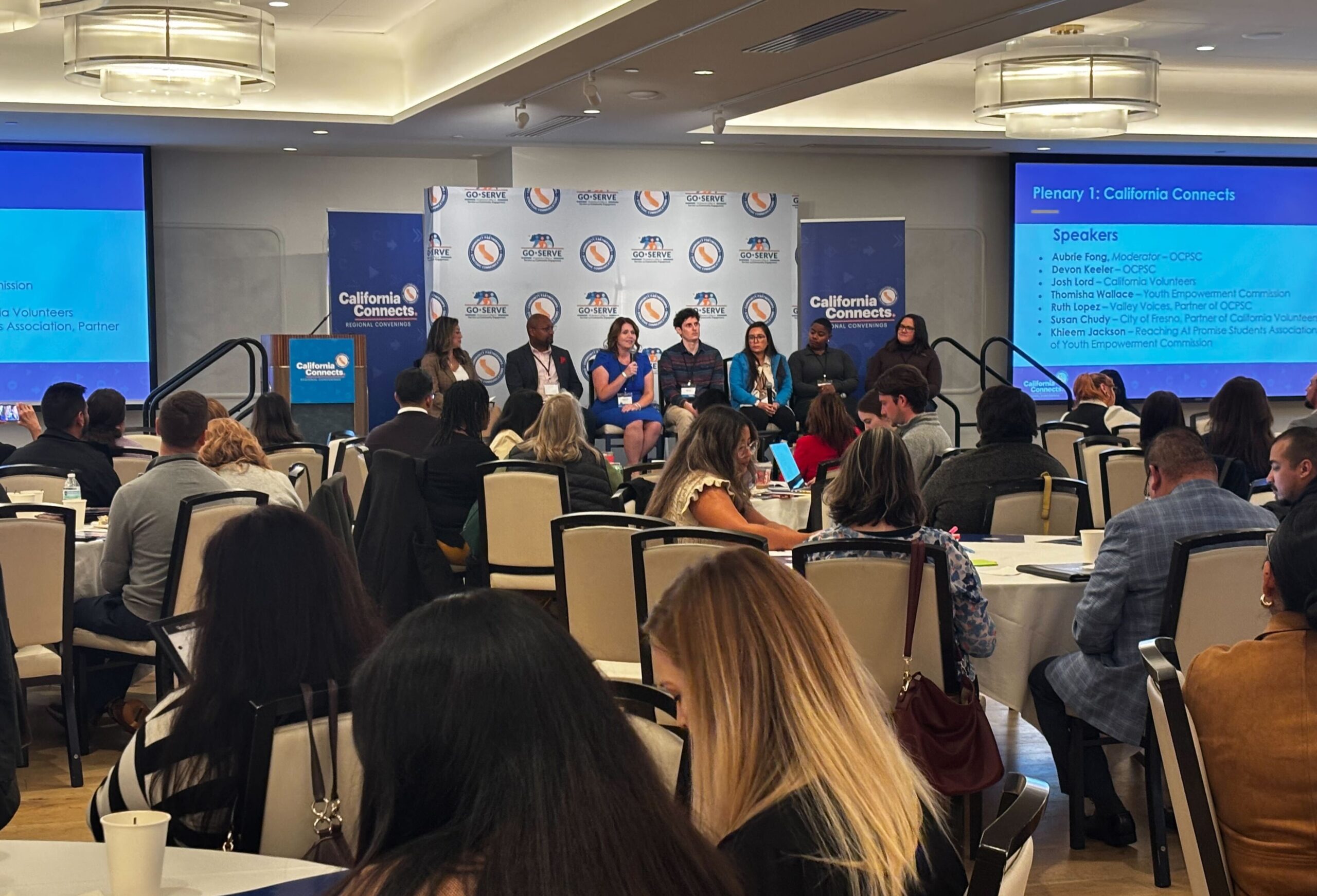
On Wednesday, Oct. 1 at 12:01 a.m., the U.S. government officially shut down. The shutdown, which is the first since Dec. 2018, occurred due to an impasse in the U.S. Senate over a spending bill that would dictate federal government spending from October on.
The bill outlines significant cuts to education funding, including a $4.7 million dollar slash to Title I, which supports low-income schools and a 15% overall cut to the U.S. Department of Education, according to the American Federation of School Administrators. The bill would also potentially let Affordable Care Act subsidies expire, increasing the cost of healthcare for millions of Americans. In addition to this, Section 244 of this bill bans any federal funds from being used for gender-affirming healthcare, a decision that would harm transgender Americans across the nation.
As of Oct. 31, the government remains shut down as Democrats block the bill from passing the Senate without significant amendments and expansions to Affordable Care Act subsidies.
What does this mean for the Central Valley?
A government shutdown does not necessarily mean that all government processes will cease completely. However, many programs will be slowed due to a reduction in staff, as reported by BBC. Any non-essential government workers will be furloughed without pay. While services deemed “essential” will continue to be staffed, the workers will likely remain unpaid for the duration of the shutdown. This could lead to substantial financial hardship for the approximately 9,400 federal workers employed in Fresno County.
Though Social Security benefits will still be paid, services like benefit verification and card replacements are likely to slow down. As of 2023, there are about 16,558 recipients of Social Security in Fresno County that could be impacted by this, in addition to those who have reached the age where they can begin to qualify for payments.
As of July 2024, around 244,878 people in Fresno County rely on Supplemental Nutrition Assistance Program (SNAP) benefits, also referred to as CalFresh in California, according to the USDA Food and Nutrition Report. According to Fresno EOC, over 28,000 women, children and households in Fresno County rely on WIC, a service that aids low-income caretakers of young children.
While the government shutdown will not immediately impact payments to currently enrolled households, enrollment services will slow down. With the government being shut down for a month now, the National WIC Association says funds are at risk of running out. Starting tomorrow, Nov. 1, SNAP recipients will not be receiving assistance for the month of November.
“It’s insane how much we’re at a loss right now,” California SNAP recipient Ceejay Rigmaiden said about the potential loss of funds. “It’s completely terrifying, especially living in California, with how much everything costs right now due to inflation… And yes, there are people who abuse the system for benefits, but the people that really need them and rely on such things are left behind.”
When asked if he or others he knows have a plan in the instance that the shutdown exceeds beyond November, Rigmaiden said, “Honestly, no I don’t… I cut down on usual grocery shopping and just bought things I absolutely need, plus bought in bulk online… No one I know has a plan either. A friend of mine just had a newborn and gets SNAP as well, so she did the same thing with formula.”
Fresno-Yosemite International Airport workers are also being impacted, having expressed concern for the efficiency of airport processes amidst the shutdown, reported ABC30. About 50 people work in the Fresno air traffic control tower, and all will continue to work without pay.
According to Air Traffic Controller Union President Jeffrey O’Gorman’s interview with ABC30, the maintenance team is prohibited from performing preventative maintenance, and instead are only instructed to fix things as they break. However, he assures the public that safety will not be compromised.
National Parks may experience staffing shortages and closures. As of now, Fresno County national parks remain open, with limited staff as about two-thirds of employees of the National Park Service have been furloughed.
A federal worker in the Central Valley, who asked to remain anonymous, shared his experience with working without pay.
“Missing paychecks while continuing to receive bills can have a significant economic impact on individuals and families,” he said. “There is no stability or reliability in federal jobs. There are only stable and reliable moments. At the moment, these are very low.”
As the stalemate drags on, Fresno County residents and residents of the country as a whole continue to face increased job insecurity, food insecurity, and longer wait times when dealing with federal agencies.
Until the government reopens, those who need food assistance can access local food banks such as The Central California Food Bank, Bulldog Pantry, and various participating churches throughout the county.


